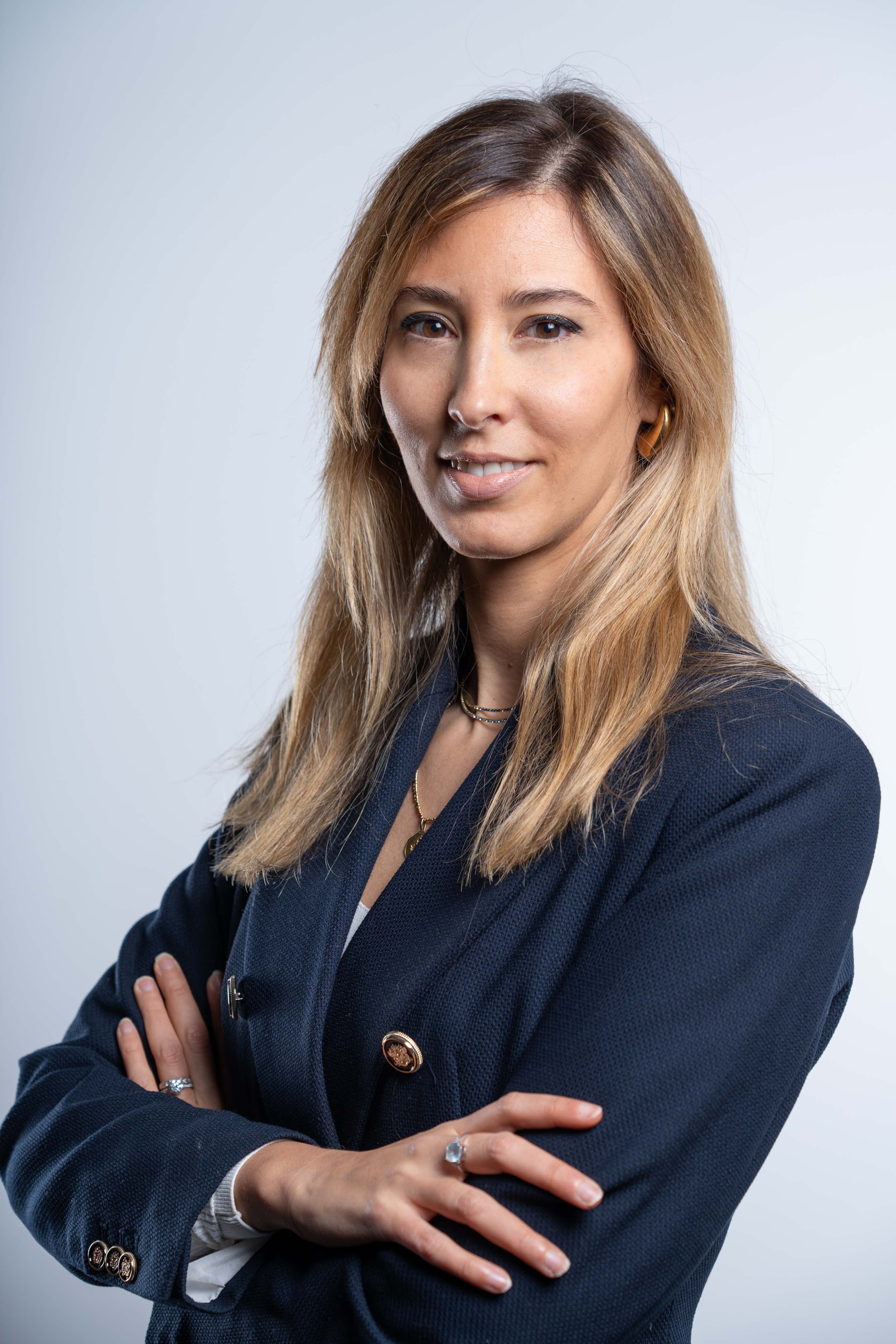My research interests lie at the intersection of strategic management and organizational behaviour. In my work, I use organization theory – often with a sociological approach – to study the antecedents and outcomes of valuation processes. Core to my agenda is to unveil how public behaviour of social actors (e.g., their evaluations, actions, or punishment decisions) is often driven by impression management concerns. The contexts that I use include university-industry relations, creative industries, hybrid organizations and sports data.
My job market paper (w/ M. Perkmann & P. Criscuolo) contributes to the literatures on status and impression management by studying social actors addressing multiple audiences.
The interest in multiple audiences stems from a project developed in my dissertation, where I studied the challenges that individuals face when they belong to a hybrid organization. In particular, I ( w/ M. Perkmann & P. Criscuolo) explore individuals who prioritize normative over utilitarian identity elements, and study the aspects affecting their identification with a hybrid organization. This work extends prior research by highlighting the interplay between individuals’ need for self-continuity and self-esteem in informing organizational identification.
Beyond my dissertation, I extended my research portfolio with three additional projects on social evaluations. In a first project on the creative industries, my co-authors (J. Jourdan & M. Perkmann) and I build on Bourdieu’s concept of distinction, and propose a dynamic model in which critics adjust their evaluation of cultural products to distinguish themselves from their peers in a cultural space. To test these ideas, we leverage a dataset of thousands of reviews published online on Rotten Tomatoes. Preliminary results of this work were presented at the virtual Mallen Conference in November 2020 (“The Mallen Scholars and Practitioners Conference in Filmed Entertainment Economics), at the Creative Industry Conference (February 2021) and EGOS 2022 in Vienna (July 2022).
In a second project, my co-authors (F. Bacco, G. Cattani, & S. Ferriani) and I look at how a particular language describing startup organizations is evaluated by a focal company that decided to engage in open innovation and for whom the scouting of these startups has been conducted. We are planning to use quantitative data from two anonymous companies and integrate the analysis with lab experiments to add validity of the mechanisms imputed. We presented the early version of this project at EGOS 2020 and AOM 2020.
In a third project (w/ M. Yu, L. Dong, & Y. Mishina), we shed light on the role of social-control agents in punishing misconduct. We posit that social-control agents give each violator a lighter sanction when a greater number of people are involved in a misconduct case. We further argue that this relationship is attenuated by those factors that scrutinize the decisions taken by social-control agents. We test our hypotheses using suspension decisions for doping events occurred in the context of professional road cycling between 1999 and 2019. This project was nominated for the Best Paper Award at SMS 2020, and we won two grants to support the data collection for this study. The first grant (in 2020) was sponsored by the Lille Economics Management (LEM) research laboratory and the second one (in 2021) by the Management & Entrepreneurship Department at Imperial College Business School.
